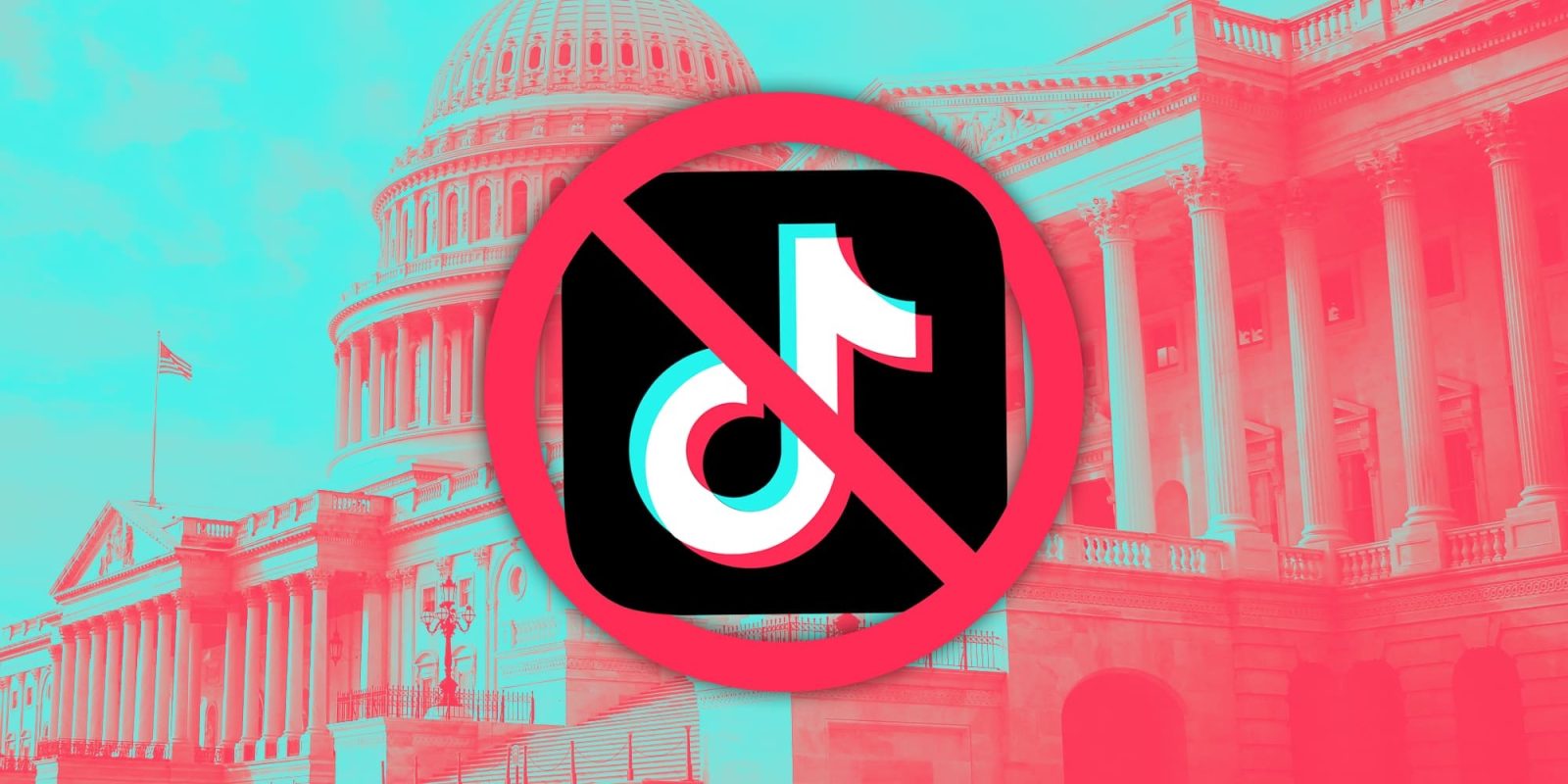
A TikTok ban is getting dangerously, dangerously close in the United States. On Tuesday, Congress unveiled a bill, the RESTRICT Act, that would give the Biden administration the power to ban apps like TikTok if they pose a risk to US national security.
That bill has already received an endorsement from the Biden administration itself, which called on Congress to “quickly” pass it.
The RESTRICT Act
The RESTRICT Act would give the Secretary of Commerce the ability to “mitigate undue or unacceptable risk” to national security by banning apps associated with foreign adversaries. The bill was formally introduced by Senator Mark Warner, a Democrat from Virginia, who leads the Senate Intelligence Committee.
In a statement, Senator Warner explained that while the focus is currently on TikTok and its parent company ByteDance, legislation in this area needs to be broad enough to address other potential concerns as well.
“Today, the threat that everyone is talking about is TikTok, and how it could enable surveillance by the Chinese Communist Party, or facilitate the spread of malign influence campaigns in the U.S. Before TikTok, however, it was Huawei and ZTE, which threatened our nation’s telecommunications networks. We need a comprehensive, risk-based approach that proactively tackles sources of potentially dangerous technology before they gain a foothold in America, so we aren’t playing Whac-A-Mole and scrambling to catch up once they’re already ubiquitous.”
The RESTRICT Act already has support from the Biden administration as well, CNBC reports. In a statement, the White House national security adviser Jake Sullivan urged Congress “to act quickly to send the bill to the President’s desk.”
“This legislation would empower the United States government to prevent certain foreign governments from exploiting technology services operating in the United States in a way that poses risks to Americans’ sensitive data and our national security.
Critically, it would strengthen our ability to address discrete risks posed by individual transactions, and systemic risks posed by certain classes of transactions involving countries of concern in sensitive technology sectors. This will help us address the threats we face today, and also prevent such risks from arising in the future.
We look forward to continue working with both Democrats and Republicans on this bill, and urge Congress to act quickly to send it to the president’s desk.”
TikTok whistleblower
Finally, Axios reports this morning that TikTok’s “access controls on US user data are much weaker than the company says.” The whistleblower reportedly share their claims with Senator Josh Hawley, who then penned a letter to Treasure Secretary Janet Yellen.
The whistleblower claims:
“I have seen first-hand China-based engineers flipping over to non-China datasets and creating scheduled tasks to backup, aggregate, and analyze data,” adding that “TikTok and ByteDance are functionally the same company.”
TikTok ban: TikTok’s response
As reported by Bloomberg, TikTok has its own ideas for how these concerns should be addressed. In a statement, TikTok spokeswoman Brooke Oberwetter explained that the Committee on Foreign Investment in the United States should finalize the agreement the two sides worked together on:
“The swiftest and most thorough way to address any national security concerns about TikTok is for Cfius to adopt the proposed agreement that we worked with them on for nearly two years,” TikTok spokeswoman Brooke Oberwetter said in a statement Tuesday. “We have been waiting for Cfius to finalize our agreement for over six months now, while our status has been debated in public in a way that is divorced from the facts of that agreement and what we’ve achieved already.”
What ultimately comes of this situation remains to be seen. But with Democrats, Republicans, and the Biden administration all voicing support for the RESTRICT Act, the situation looks direr than ever for TikTok.
Do you think TikTok should be banned in the United States? Let us know in the comments.
FTC: We use income earning auto affiliate links. More.





